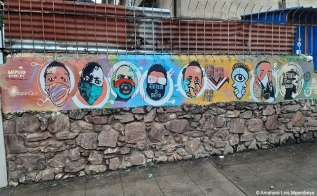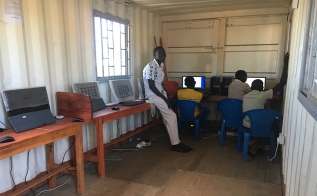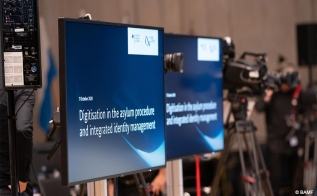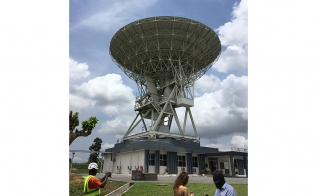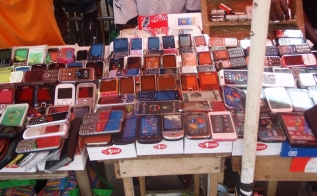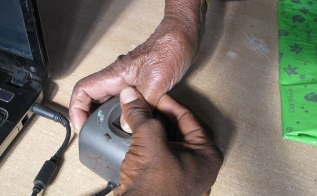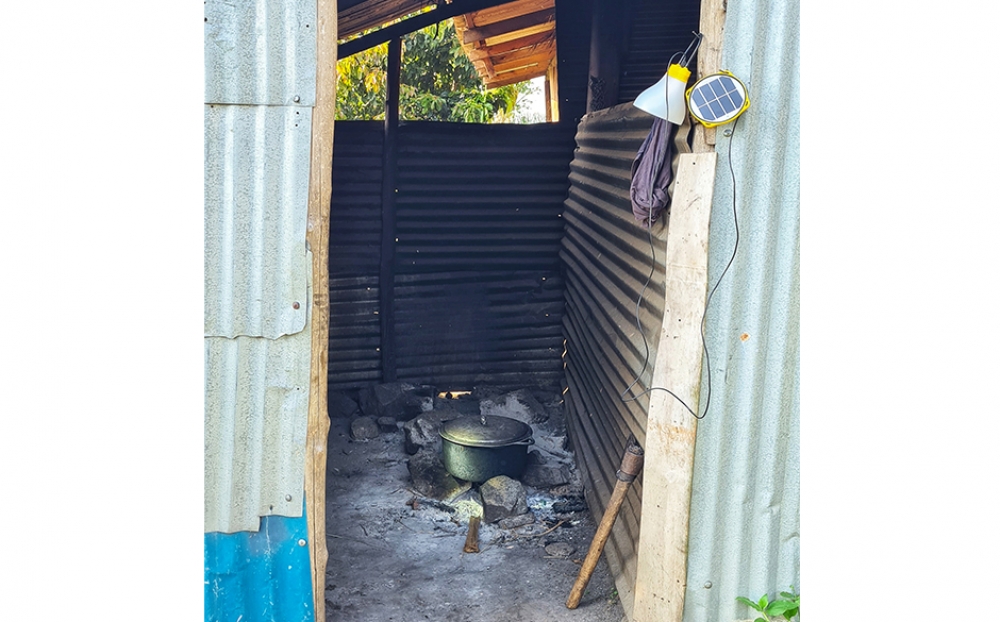
Description
From an ethnographic perspective, this project traces the life cycle of “off grid” solar home systems – from their conception and design in Germany to their commercialization and use in rural Kenya. The aim is to explore the logics, assumptions, principles and meaning-making practices of those who develop and market off-grid solar products, as well as the day-to-day experiences, reflections, negotiations and critiques of those who factually live “off” or “under” the grid, or who – for various reasons – consider themselves to be living a “life off the grid”.
The project follows the proposition that solar off grid products are inscribed with both an “ethic of care” – being marketed to the so-called “unelectrified poor” in order to meet a basic need and a most basic level of human well-being – and that they are simultaneously inscribed with an explicit for-profit, commercial interest (Cross, 2019; 2020). Against this background, the solar off-grid market is seen as offering a unique vantage point from which to explore a set of wider sociotechnical practices that aim to reconfigure people as consumer subjects and to establish new markets.
In its contributions, the project will repeatedly return back to questions of “ethics” (Lambek, 2010; 2013), exploring in detail the kind of lives that product designers and solar entrepreneurs envision for themselves and for others. What are the multiple ethical fields that come to define the solar industry and what are the ethical knots that those who design and sell solar products grapple with – broadly being entangled between environmentalism, activism, and philanthropism? In the context of ethnographic fieldwork in Kenya, it explores the particular workings and practices through which electricity and infrastructure similarly become the terrain upon which a loose set of ethical concerns and commitments are debated. In what manner do electricity infrastructures come to feature in deliberative moments of reflection, judgement and scrutiny about “what is” and “what should be”? How does electricity and infrastructure more generally feature in public sentiments of progress, modernity and wellbeing, in aspirations and expectations of a new time, of a “good life”?
In answering these questions, the project: a) makes an innovative contribution to the anthropological concern with ethics as grounded in practice (“ordinary ethics”); b) an important research contribution to the field of infrastructure studies and offers c) valuable empirical and theoretical insights into new figurations of science, (development) politics and markets.



